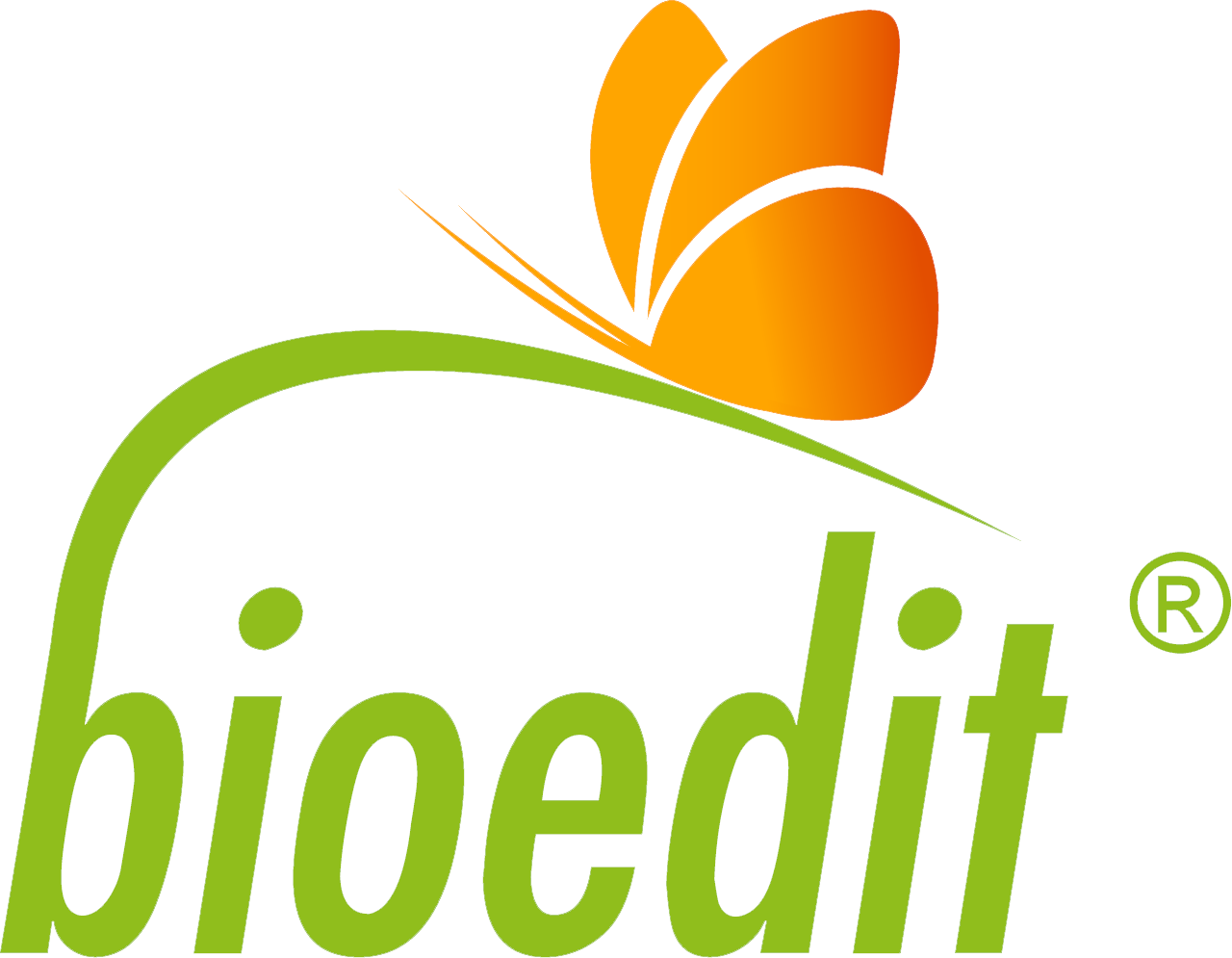The fact that the vast majority of scientific and medical journals are published in the English language places English as a second language/English as a foreign language (ESL/EFL) authors at a disadvantage when it comes to getting their work into the public domain.
Examples include differences in social, cultural and educational background, difficulty with expressing complex ideas clearly and concisely (leading to a tendency to over-elaborate or over-complicate the message), problems navigating journal websites and author instructions (which can lead to poor formatting and immediate rejection), and finding it hard to construct a letter to a journal editor that showcases their work such that it gets sent out for peer review.
Indeed, experience suggests that once a paper written by ESL/EFL author is sent for peer review, then the chances of acceptance are not much different from those of a paper written by native speakers. Finally, even when a paper is sent for peer review, some ESL/EFL editors find it hard to understand the comments made by Reviewers, thereby making it difficult to draft suitable responses.
Therefore, it is critical that ESL/EFL authors present a journal editor with a paper that is correctly drafted (i.e., meets all of the journals formatting requirements), written clearly and concisely in language that is not overly technical or “scholarly”, and is accompanied by a short cover letter that explains the rationale/results/and significance of the study to the editor and (preferably) states why the authors feel that the journal is the right “home” for their research.
It is here that the skills of a professional, experienced, native English-speaking editor with a scientific background (often PhD level) can help.
Professional editors are used to helping ESL/EFL authors overcome the difficulties listed above and in-so-doing improve the likelihood that the paper is (at least) accepted for peer review. An editor will help the author to draft a clear cover letter and format and edit a manuscript to ensure correct grammar, a clear flow of ideas, and good readability. The editor will then work with the authors to interpret Reviewer comments and draft suitable responses.
In a nutshell, using an editing service can level the playing field between ESL/EFL authors and their native English-speaking peers.



